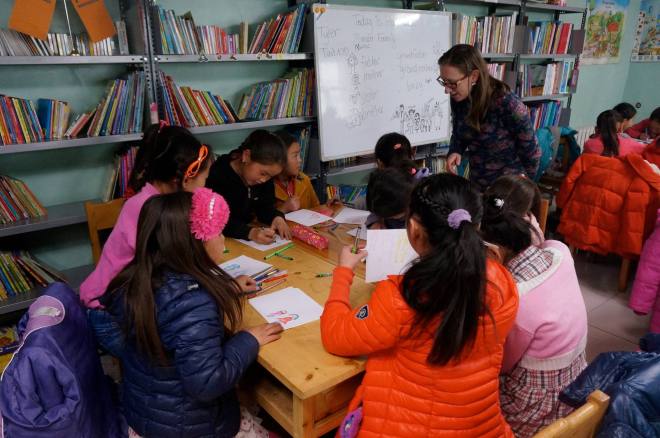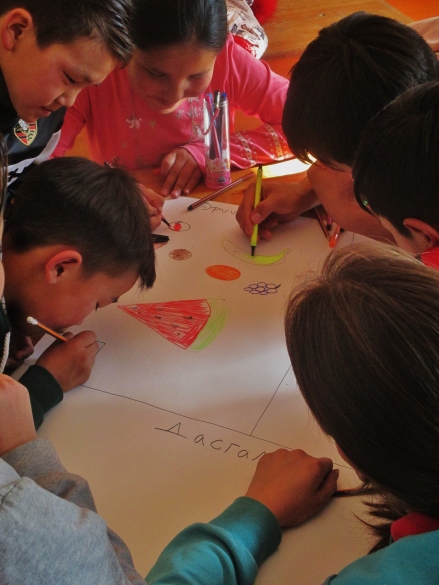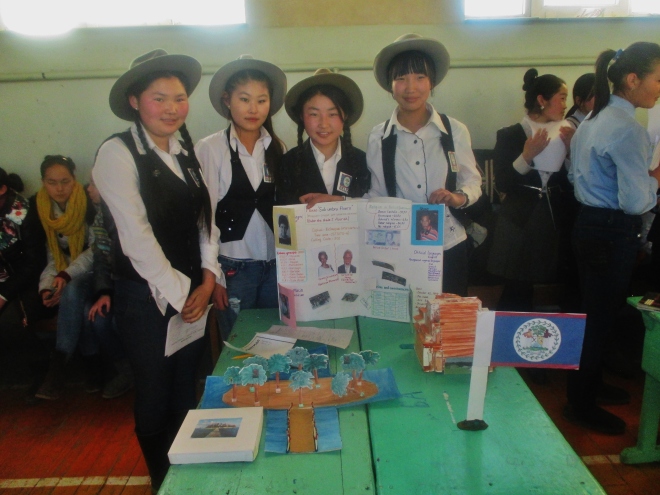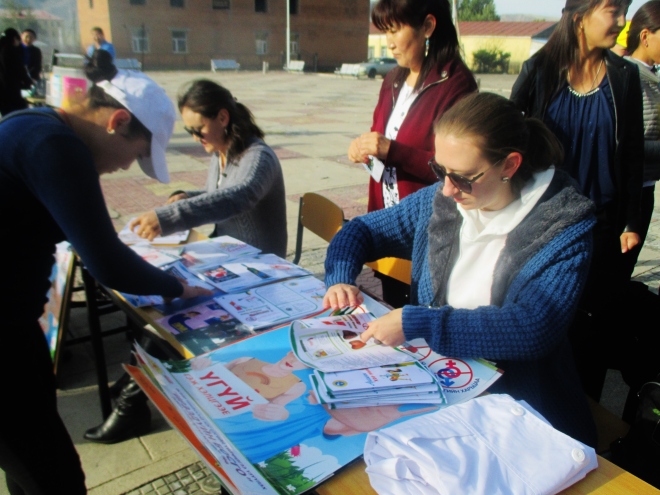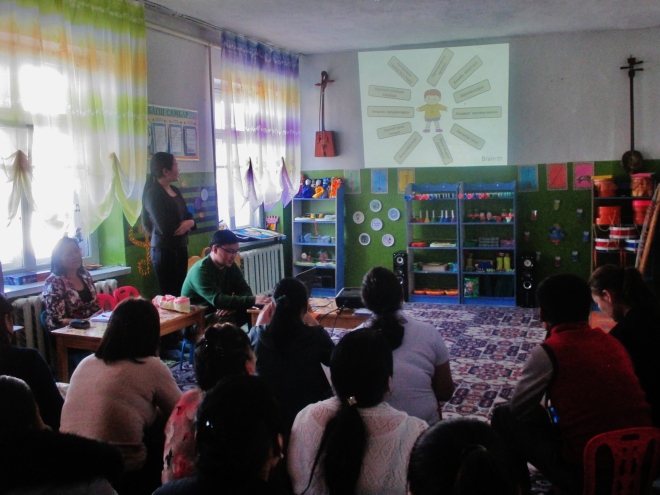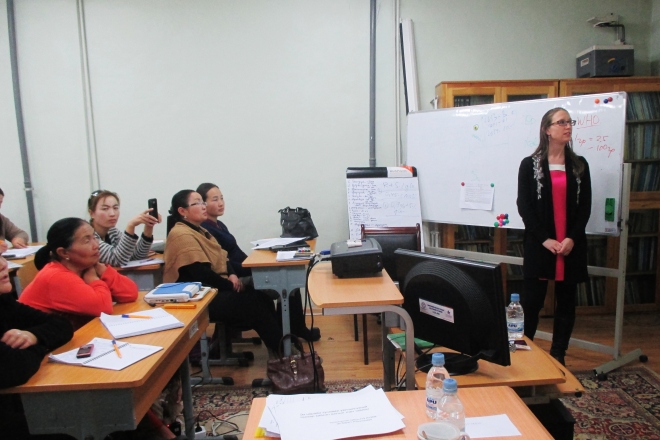I spent a few days last week in UB for a training (ok, the training was only one day but with Zavkhan’s twice-weekly flight schedule, I got to stick around for a few extra days). It was a seminar regarding PC/Mongolia’s EAP (Emergency Action Plan), so since it concerns the safety and security of PCVs in-country, I probably shouldn’t really talk about here.
So instead, I’ll discuss just how insanely smoggy UB is, particularly in the winter. I knew UB had an air pollution problem, but I just don’t remember it being so bad the couple of times I was there last winter. I guess I didn’t spend as much time walking around outside during my last winter visit, since all the sessions and meals during our IST last year were held at the same hotel we were staying at.
But this time around, I was walking outside a lot, and my lungs did not appreciate the air quality. It was worst in the evening; every time I went out to dinner with friends, I would step out of the restaurant and immediately start hacking my lungs out.
There’s been several news articles about UB’s air pollution problem since I’ve been in Mongolia, including:
- “Mongolia’s booming Ulan Bator, world’s coldest capital, is choking on smoke“
- “Mongolians target open data to monitor choking air“
- “Ulaanbaatar’s air pollution breaks China’s records“
- as well as a huge list of articles on this page
Not that UB’s smog is a new development. I found articles from 2013 that discuss how UB is the second most polluted city in the world–not exactly what you’d expect of a city in the sparsely-populated, wide-open land of Mongolia. But get nearly half of the country’s population living in one city, and then get half of that group of people living in traditional gers and wooden houses in the “ger districts” of UB, and you’re left with well over 500,000 people who all rely on old-fashioned wood and coal-burning stoves to cook food and not freeze to death during the long, harsh winters.
The coal-fueled power plants and growing number of cars on the streets are certainly also contributing to the air pollution, as is the fact that UB is located in a valley surrounded by mountains that reduce air circulation, but air pollution from household stoves is a somewhat unique contributor that other top air pollution cities don’t really deal with.
The Mongolian government, as well as several international organizations, have been looking into possible solutions, such as cleaner-burning stoves and continuing to expand the public transportation system, but it looks like for now, I’ll just have to appreciate the fresh mountain air of Uliastai even more.



